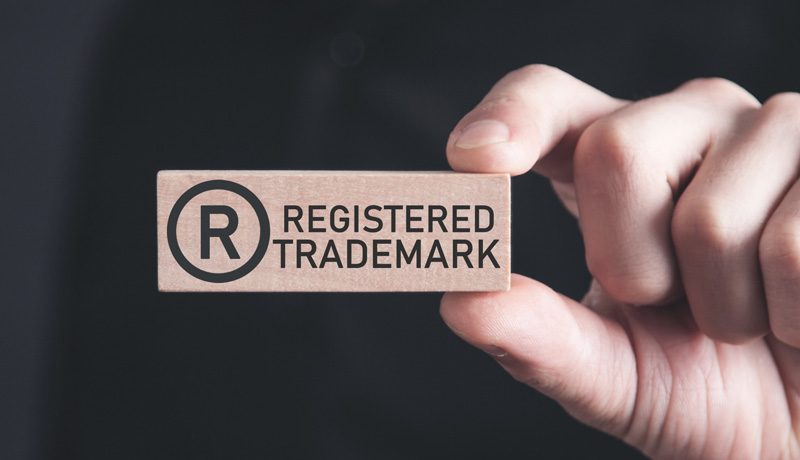INTRODUCTION
In an era of ‘open knowledge’ and increasing risk awareness, investors now take more interest in the personalities of those who constitute the ‘directing mind’ of corporate entities as much as in the reputational values of the entities; before staking their moneys. Essentially, this trend is due to a number of large corporate failures witnessed across the globe in the recent past, most of which have been linked to negligent, unethical and unwholesome practices by the top management and board members of affected organizations.
The stories of the collapse in 1992, of two large UK companies; Maxwell Communications and Polly Peck International and about ten years later, of two American corporate giants; Enron Corporation and WorldCom, clearly highlighted the critical importance of corporate governance, for the growth, sustainability and survival of corporate entities.
As measures for preventing a reoccurrence of those gigantic collapses, the “Financial Aspects of Corporate Governance” report (popularly known as the ‘Cadbury Report’, 1992) was published in the UK while the Sarbanes-Oxley Act (2002) was enacted in the US; introducing fundamental reforms in the management of corporate entities. These measures made far-reaching provisions on the ethical composition of the board and the proper accounting systems to be adopted by companies; so as to mitigate corporate governance risks and failures. Arguably, this report and the law initiated the issuance of Corporate Governance Codes (“CGCs”), in many countries of the world to regulate the effective governance of business and corporate entities.
Whilst there is consensus of opinions among stakeholders across the globe on the importance of corporate governance, discrepancies however remain across jurisdictions as to what should be the form, scope and character of an ideal CGC. In this article, we seek to elevate the discussion around some of the trending issues of corporate governance and analyze their importance within the context of finding workable, streamlined and ethical codes for effective regulation of corporate entities.













